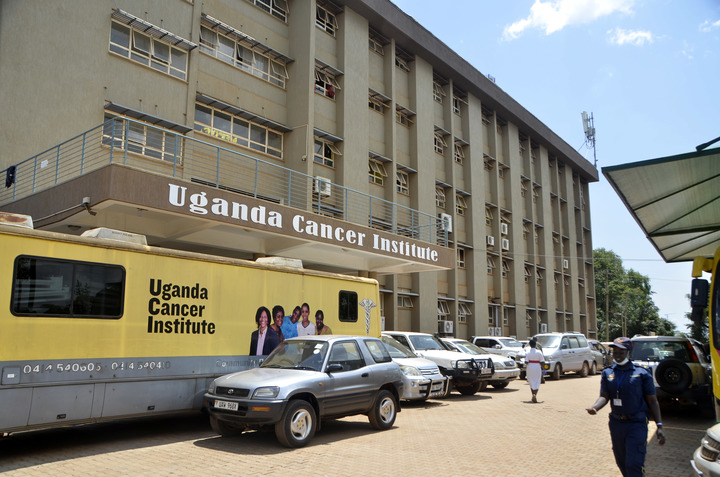A delegation of Members of Parliament from Kenya, along with an executive team, visited the Uganda Cancer Institute (UCI) and expressed their admiration for the advanced technology used in cancer treatment. The head of the delegation, Vincent Jagongo, who also chairs the Health Committee in the County Assembly of Kisumu, revealed their plans to implement similar expertise in a proposed cancer hospital in Kisumu. They have a Public Private Partnership (PPP) agreement with a partner willing to establish a cancer center in Kisumu, aiming to provide high-quality cancer treatment to their citizens.
During their visit to UCI, Jagongo highlighted the challenges faced by Kenyatta Hospital, which currently handles cancer patients. The hospital is overwhelmed by the increasing number of cases, resulting in extended waiting times for treatment, sometimes up to a year. This situation often forces patients to sell their land to finance their treatment.
Uganda recently acquired two linear accelerator machines at a cost of approximately $8 million (about sh29.6 billion), bringing the total to three LINAC machines. This new equipment has significantly reduced the waiting time for treatment. Previously, patients had to wait for about a month, but now, they can expect treatment within a week, minimizing the period during which their cancers remain untreated.
Each LINAC machine has the capacity to treat between 90 and 100 patients daily, playing a crucial role in external beam radiation treatments for cancer patients. Dr. Jackson Orem, the Executive Director of UCI, reported that 15% to 20% of cancer patients come from outside Uganda, mainly from Congo, South Sudan, and Western Kenya.
While many Ugandans have sought cancer treatment abroad, there is a noticeable shift as an increasing number of patients, particularly those in the elite class, are choosing to receive care within the country. Some patients who previously sought treatment in India are now beginning their treatment in Uganda, realizing that they can access the same drugs and equipment locally.
Uganda faces an annual loss of $75 million (about sh277 billion) due to the treatment of complicated diseases, with more than two-thirds of this amount allocated to cancer treatment. The Uganda Cancer Institute receives a fraction of the cancer cases recorded in the country, with 34,008 new cases annually. Out of these, UCI receives only 6,000 to 7,000 cases, including 10% involving children and 30% of patients with cancer who are also living with HIV/AIDS.
In Uganda, cervical cancer is the most prevalent among women, followed by prostate cancer in men and breast cancer.




















